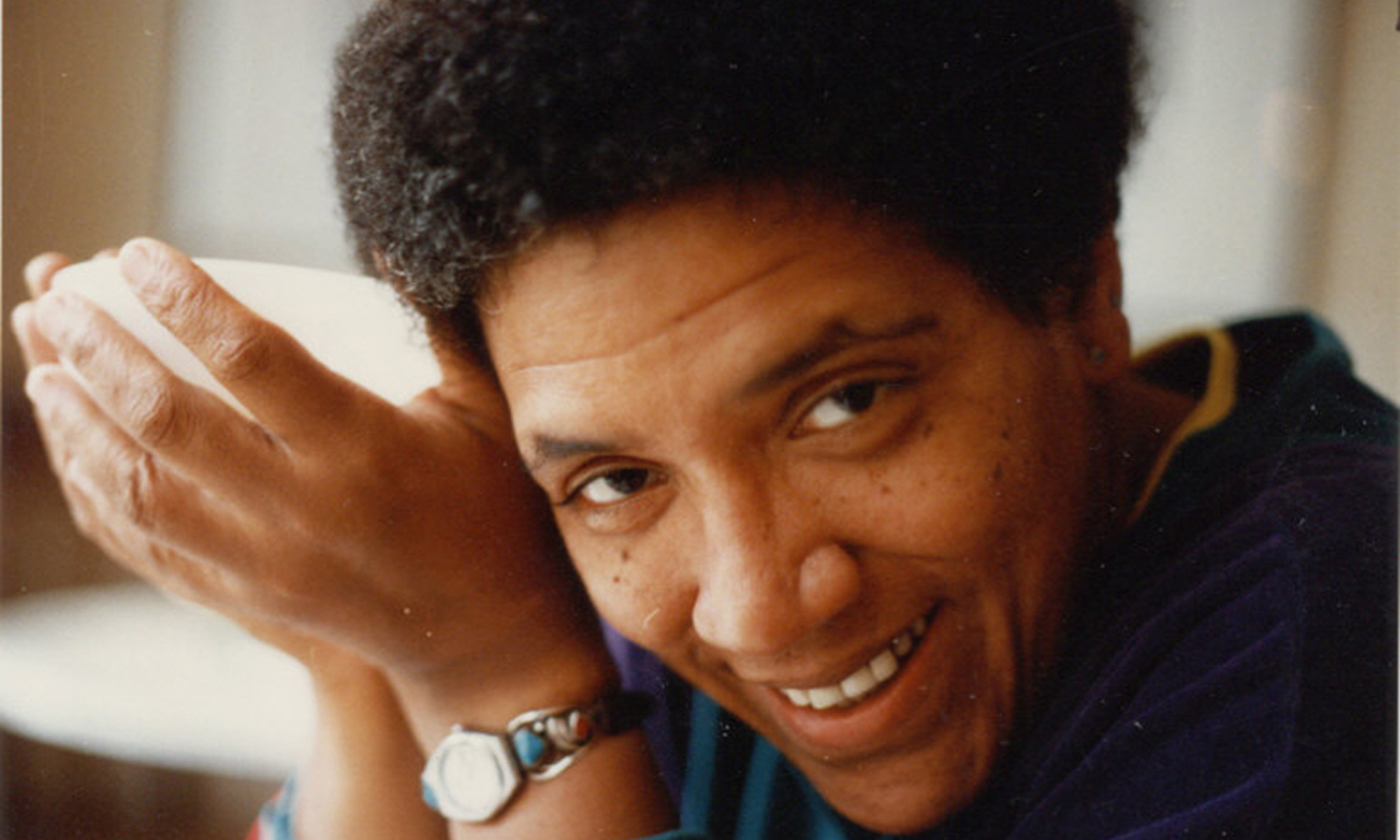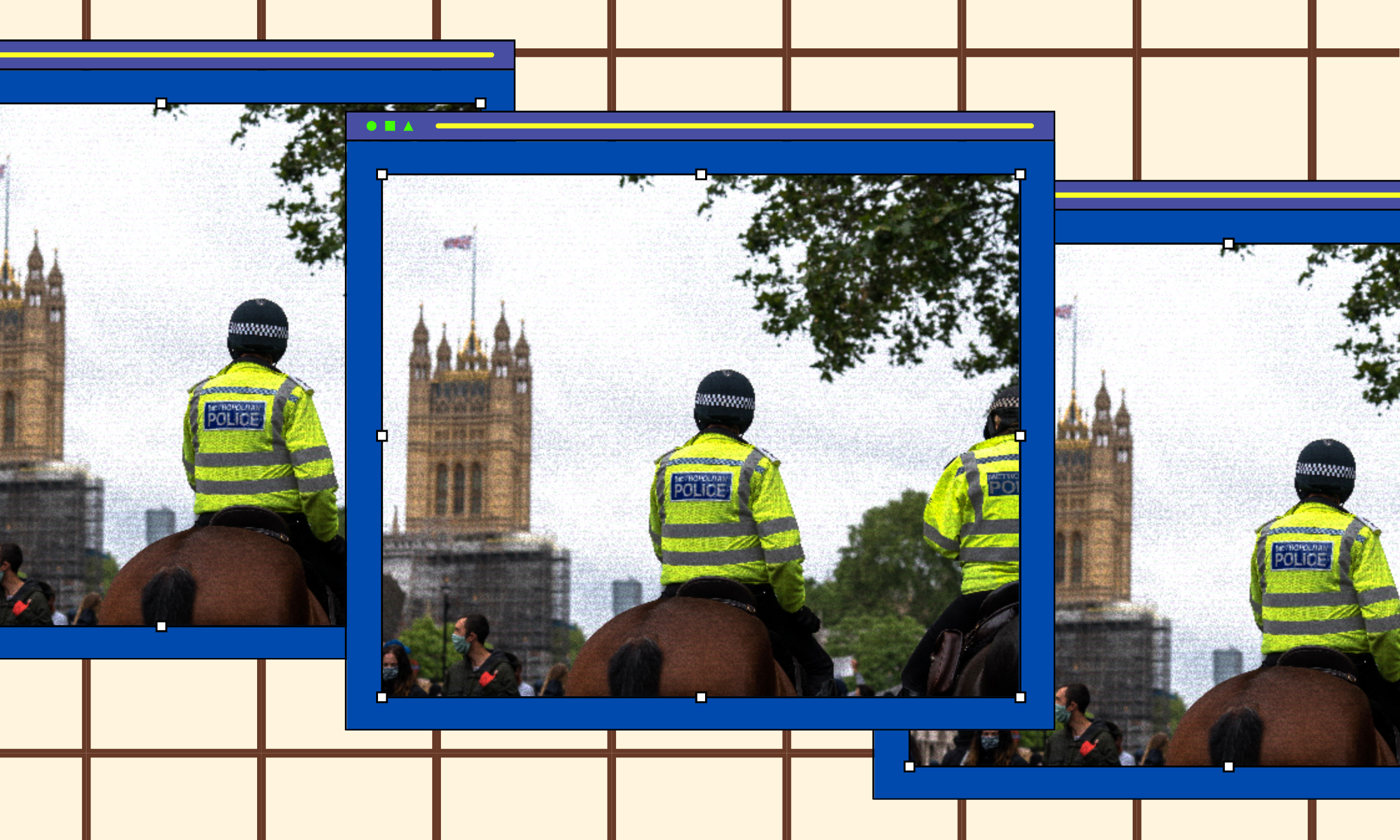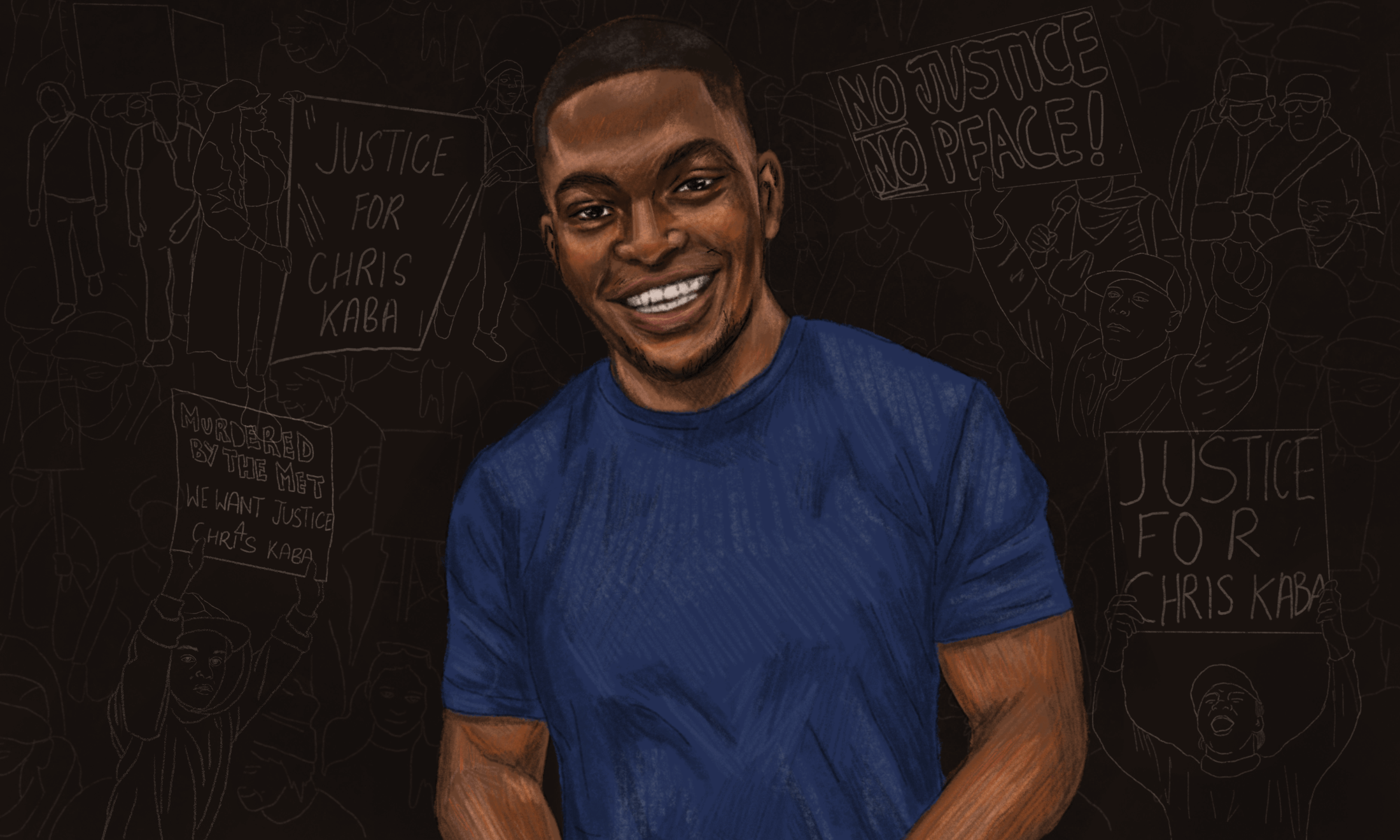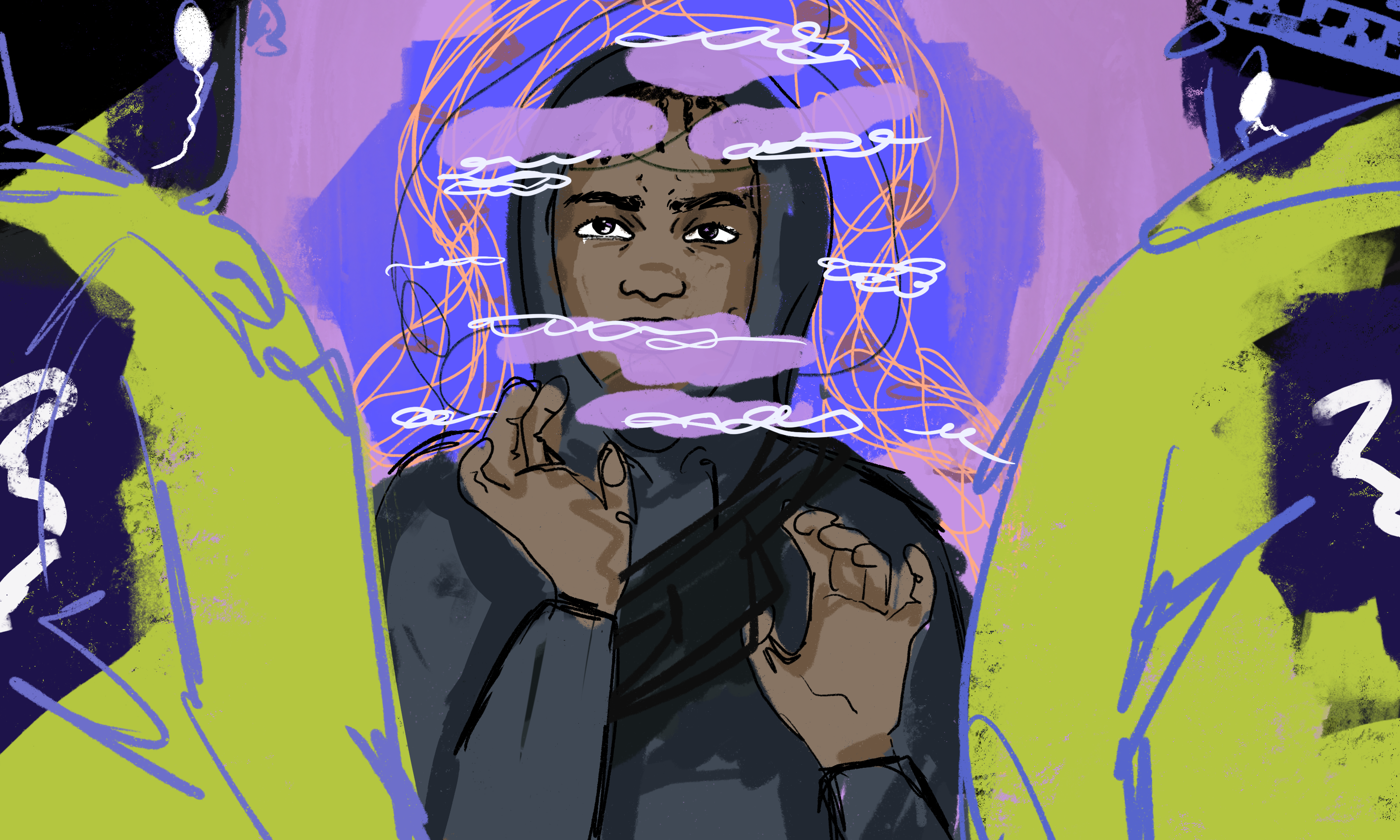
PA Images / Alamy Stock Photo
Britain’s policing was built on racism. Abolition is unavoidable
The Casey report is just the latest example of evidence that the Met Police is rotten to the core.
Ella Sinclair
27 Mar 2023
For nearly a week now, officials have been quibbling over and even denying the findings of the much-anticipated Casey report. The report, commissioned after the rape and murder of Sarah Everard by a serving Met police officer in March 2021, is a damning indictment of the force. Baroness Casey concludes that the force is institutionally racist, misogynistic and homophobic. The rest of the stomach-turning findings have been well documented elsewhere. This is not the first time the Met has received a disparaging review. Most famously, the Macpherson inquiry into the mishandling of the racist murder of 18-year-old Stephen Lawrence also labelled the force institutionally racist. Over twenty years later, the term “institutional” remains a tough pill for those in charge to swallow.
In the immediate aftermath of the report Met commissioner Mark Rowley clung faithfully to the ‘few bad apples’ myth – refusing outright to use “ambiguous” language like “institutional”. Rowley’s response is straight from former commissioner Cressida Dick’s playbook. Amid the Black Lives Matter protests in summer 2020, she infamously said that “institutionally racist” was a “label” she does not “find helpful”.
Consigning the facts of institutional racism to the realm of the debatable is part of the current government’s agenda: most memorably in the Sewell report’s scandalous denial of institutional racism in 2021. According to the Independent, two Labour MPs have claimed that Rowley has admitted the force is institutionally racist in private, but backtracked in public due to government pressure. This is unsurprising.
“Consigning the facts of institutional racism to the realm of the debatable is part of the current government’s agenda”
On the day the report was released, home secretary Suella Braverman managed to both acknowledge the report’s findings whilst denying them in the same breath. Like Rowley, Braverman argued that institutional “is not a helpful term to use” due to it being “ambiguous, contested and politically charged”. Given the blatant racism of her latest immigration plans, it’s a sickening irony that Braverman is dead set on avoiding terms like “institutional racism”.
The mind boggling contortions officials are making to avoid the clear conclusions of the report mark an Orwellian era of politics. They can choose to negate fact for personal preference. Important diagnoses like “institutionally racist” are seemingly eligible for finicky hair-splitting debate. Rowley can “respect” Casey’s use of the term, as if it is mobilised out of mere choice rather than grounded in evidence – like that detailed in the 363-page report.
Casey found that discrimination against black and minoritised officers is likely to be ignored in the Met, and that black officers are overrepresented in misconduct cases compared to white officers: making up 81% of cases. This is despite black, Asian and ethnic minoritised staff representing just 17% of the force in 2022 (this is compared to making up 46% of the population of London in the same year). The warped interpretation of fact serves a key purpose: if the Met refuses to accept the institutional nature of racism, misogyny and homophobia entrenched in the organisation, they can avoid institutional scrutiny. It’s easy then, to keep the emphasis on improving vetting processes and removing officers swiftly – discarding the ‘few bad apples’ instead of dismantling the entire rotten organisation.
“It’s easy then, to keep the emphasis on improving vetting processes and removing officers swiftly – discarding the ‘few bad apples’ instead of dismantling the entire rotten organisation”
The oppressive police force operating in the UK today was born in Britain’s colonies. Pro-slavery Robert Peel, considered the ‘father of modern policing’, founded the Met in 1829: he modelled the force on the violent policing of colonial Ireland. Controlling the largest colonial empire in the world and entrenching a hierarchy of white supremacy required often violent strategies: this included repressing uprisings — namely targeting working-class and racialised groups from Morant Bay in Jamaica in 1865, to the Mau Mau detention camps in 1950s Kenya. Fast forward to the 1970s and 1980s and colonial policing came home. Poisonous gas, previously reserved for the colonies, was used for the first time in mainland UK in Toxteth in 1981. Rubber bullets were used extensively by the British in Northern Ireland in the 1970s. Sus laws brought colonial-style police surveillance to 1980s Britain. The list goes on.
“Avoiding the word “institutional” means avoiding this grim history that is close on our heels”
Avoiding the word “institutional” means avoiding this grim history that is close on our heels: colonial militarised-policing never went away. Enter the twenty-first century and black people are seven times more likely to die than white people after police restraint in Britain. A new report from the children’s commissioner on 26 March found that black children are eleven times more likely than their white peers to be strip searched in England and Wales. As of January 2023, over 150 Met police officers are being investigated for sexual misconduct or racism. Between 2017 and 2021 nearly all those disciplined for racism kept their jobs, as did those guilty of sexual misconduct between 2016 and 2020. The illusion that the Met protects Londoners is impossible to maintain: as Doreen Lawrence puts it – the Met is “rotten to the core”.
Officials are allergic to the term “institutional” because they can’t acknowledge the violent colonial history the police force is built from. If they do, the teetering structure the force rests upon might just come tumbling down. If the institution was rotten from the start, shouldn’t we dig-up the orchard and start over? The case for police abolition and defunding becomes less radical and more reasonable. Just look to the work of Abolitionist Futures – a UK-based community organisation that offers some of these routes forward. Perhaps there are better uses for the force’s £3.3 billion in funding. Perhaps there are better ways to keep each other safe.
The contribution of our members is crucial. Their support enables us to be proudly independent, challenge the whitewashed media landscape and most importantly, platform the work of marginalised communities. To continue this mission, we need to grow gal-dem to 6,000 members – and we can only do this with your support.
As a member you will enjoy exclusive access to our gal-dem Discord channel and Culture Club, live chats with our editors, skill shares, discounts, events, newsletters and more! Support our community and become a member today from as little as £4.99 a month.

How Black feminist radicals have expanded what it means to be free

Coercion and control: how the police abuse the working class

‘He showed and valued love’: Chris Kaba’s family and friends continue their fight for justice






